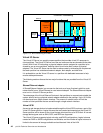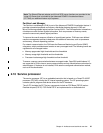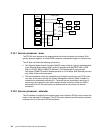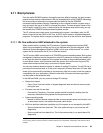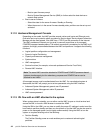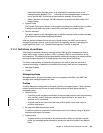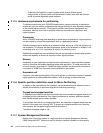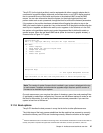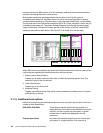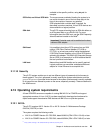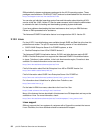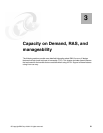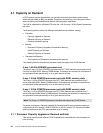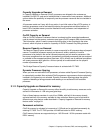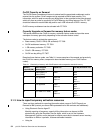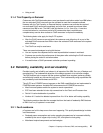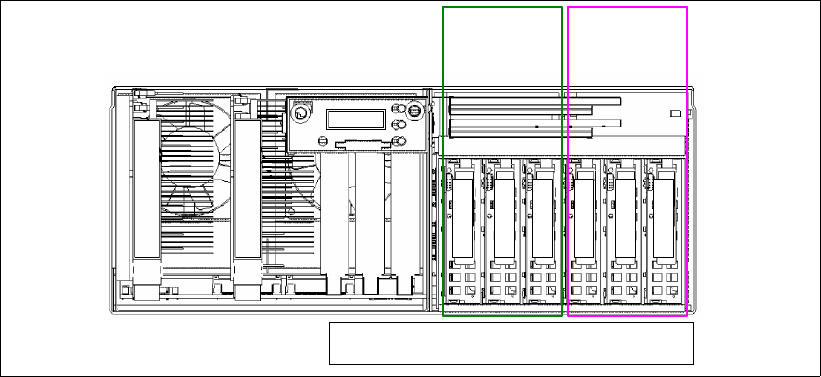
48 p5-570 Technical Overview and Introduction
partition displays the SMS menus, all of the necessary tests have been performed and the
machine is scanning the bus for a boot source.
Most system backplanes are designed such that the drive in the first slot spins up
immediately after power-on, and other drives will wait for the operating system to send a
command before spinning up. Disk drive bays 1 and 4 are hard-wired to spin up immediately.
The left-most slot of the 3-pack disk backplanes (SCSI ID 5, boot, autostart) is set to spin up
immediately after power-on. The power-on delay sequence is performed to prevent power
supply overloading. This behavior makes the disk in the first slot of the first 3-pack DASD
backplane the preferred boot device. See Figure 2-18 to locate all of the disk bays.
Figure 2-18 Disk bays and SCSI addresses within a p5-570 building block
When SMS menus are available, the Select Boot Options menu can be used to view and set
various options regarding the installation devices and boot devices:
1. Select Install or Boot a Device
Enables you to select a device to boot from or install the operating system from. This
selection is only for the current boot.
2. Select Boot Devices
Enables you to set the boot list.
3. Multiboot Startup
Toggles the multiboot startup flag, which controls whether the multiboot menu is invoked
automatically on startup.
2.11.9 Additional boot options
Instead of booting from the preferred boot device or from any other internal disks, there are a
number of other possibilities:
DVD-ROM, DVD-RAM These devices can be used to boot the system or a
logical partition (if the resource is available to the specific
partition), so that a system can be loaded, or system
maintenance or stand-alone diagnostics can be
performed.
External tape drives Any externally attached tape drive can be used to boot
the system, or a logical partition if the resource is
3-pack #1 3-pack #2
Disk bay #1 #2 #3 #4 #5 #6
SCSI ID=5
SCSI ID=5
SCSI ID=4
SCSI ID=3
SCSI ID=4
SCSI ID=3
3-pack #1 3-pack #2
Disk bay #1 #2 #3 #4 #5 #6
SCSI ID=5
SCSI ID=5
SCSI ID=4
SCSI ID=3
SCSI ID=4
SCSI ID=3



